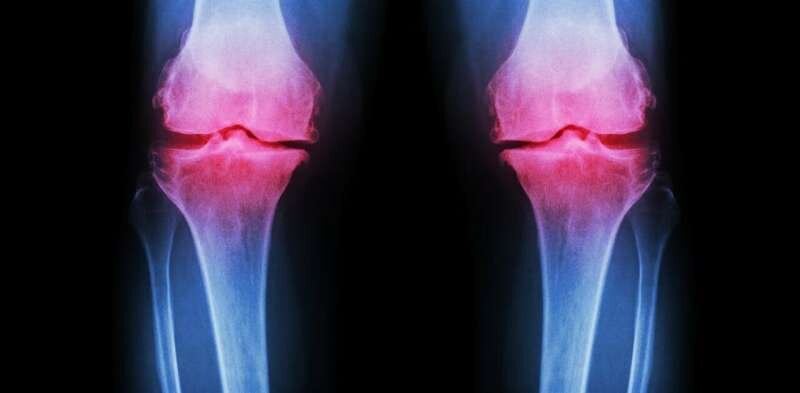Why politicians’ medical information should not be scrutinized

The 2020 US presidential elections have saturated the media we consume in the months preceding - and following - their results. The amalgam of entertainment in politics, the rise of social media, and the consequentiality of results have never kept Americans and non-Americans around the world so attentive to politics.
Considering either candidate would potentially be nominated as the oldest president at the time of inauguration, there was notable scrutiny regarding the state of each candidate’s health. In the intersection of medical and political integrity lies an issue that can be transposed to any electoral process: here are four reasons why we should not be insisting for access to politicians’ medical information.
1) Confidentiality above all
First and foremost, the mass diffusion of information on patient health is a violation of the deontological Code of Ethics for physicians, and represents a disregard for the right to privacy to the politician. The patient beneath the veneer of a political public figure is a patient nonetheless, and is granted the same rights as any other person, including the right to maintain the confidentiality of their own health records. The rights upheld in a democratic society are not symbolic; they are put into practice, and done so consistently. Failing to adhere to deontological principles undermines medical ethics as a whole.
Although politicians are often considered caveats to the rule due to the potential impact of health problems on their capacity to govern, it is worth asking ourselves what could cause a significant impact while not affecting previous work or campaigning, such as during impromptu debates. It is also worth questioning what actually is vital in policy-making and what contributes to a sensationalized narrative before compromising ethical principles.
2) A slippery slope for misinformation
In the same vein as Googling a persistent cough may indicate you have terminal cancer, medical information of politicians is easily misconstrued. The spread of misinformation pollutes many sources of political news and the publicity of health information that is misinterpreted in widespread media only facilitates the dissemination of ill-founded extrapolations that influence public opinion.
In 2006, Stephen Harper’s chest cold was questioned extensively, and press speculated whether his condition was being downplayed, i.e., whether he was actually suffering an asthma attack or pneumonia. When Donald Trump had COVID-19 earlier this year, as information was incrementally released to the press, such as his rapid drops in oxygen levels, many were making claims of a sombre prognosis. The consideration of clinical judgment, a term summing up the importance of both the formal education and clinical experience necessary to make comprehensive decisions, disappears in the context of publicized medical information.
3) Confluence of entertainment and politics
The consumption of bite-size news in the form of Tweets, TikToks and Facebook posts lets us retain rhetoric, sparing policy. Inflammatory language and well-timed quips have taken centre stage in representing political figures, and arguably their party. Moreover, given the rise of Donald Trump in the public eye was through his role as an entertainer in many ways, the intertwining of entertainment and politics may be the legacy of his administration on American but also western politics. The repetition of personal information including that which belongs in a medical dossier only accentuates the focus on trivial headlines and distracts from actual governance. Although the way we digest information is likely symptomatic of the current zeitgeist rather than being causal, obtaining information from multiple news outlets may help counter this reality-TV culture.
4) Stigmatization of mental illness
Finally, the scrutiny of politicians’ behaviour in an attempt to fabricate a diagnosis and allude to consequential ineptitude in office amplifies stigma associated with mental health. Pursuit of a diagnosis because we disagree with a politician ultimately harms people who do in fact struggle with their mental health and demeans their legitimate diagnosis.
For example, writing about Joe Biden having dementia or Donald Trump having a personality disorder, both being recurring narratives within opposing parties, reflects a broad and detrimental impact on the way we view mental illness. Furthermore, if complete access to medical records was in fact granted and revealed a mental illness, this would likely be used as ammunition to defame the political figure, reducing them to the stereotype of a diagnosis. This sets a dangerous precedent and reverses the progress we have made in attempting to eliminate the stigma associated with mental illness.
Although the overwhelming interest in politics in the wake of the 2020 elections represents an increase in public awareness, it is still important to be conscious of the media we consume and what consists of policy related content versus sensationalism. The dissemination of medical information is not only perpetuating unhealthy consumption of political news but directly violates medical ethics.
Anonyme
*Texte en anglais selon les règles du concours. Les textes du Pouls sont habituellement en français.


![Heavy Lies the Crown [Texte coup de coeur]](https://images.squarespace-cdn.com/content/v1/5c9ac5010b77bd2241565fec/1606503938338-ZSRMRRQP7AD3KIK4B2VR/image-asset.jpeg)


